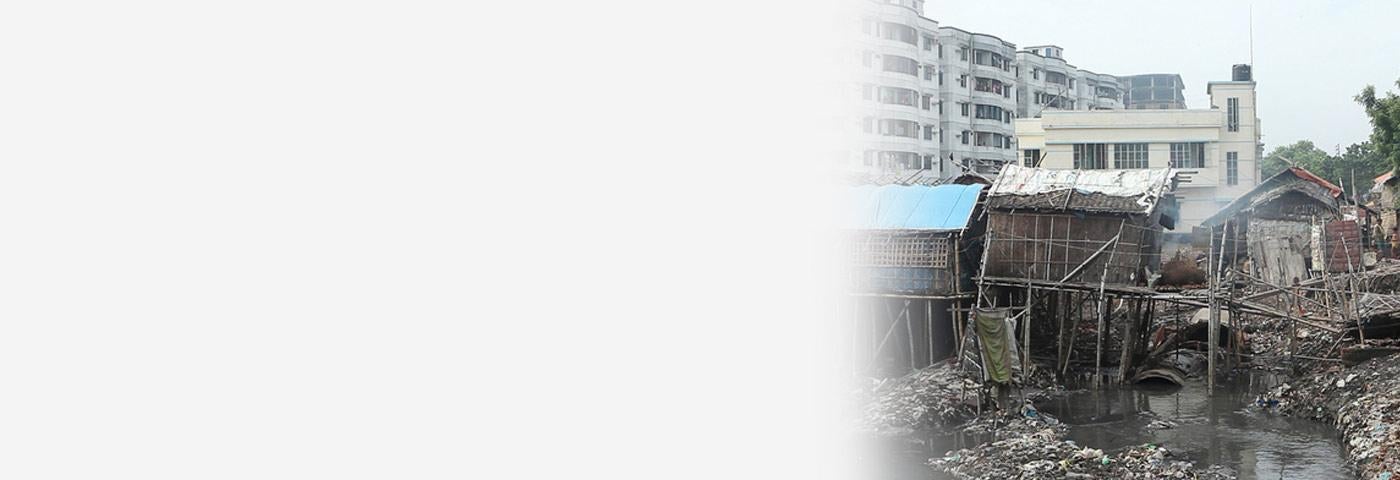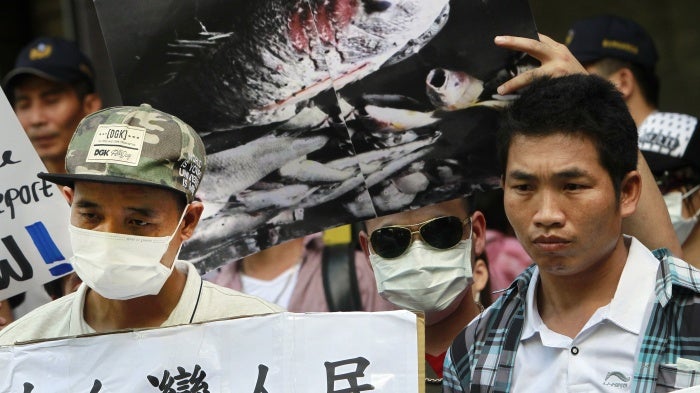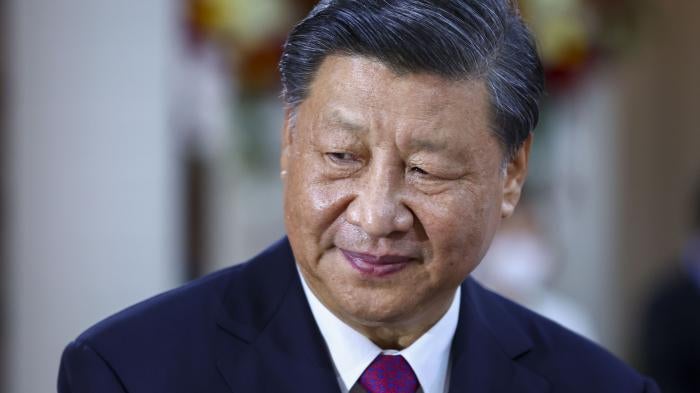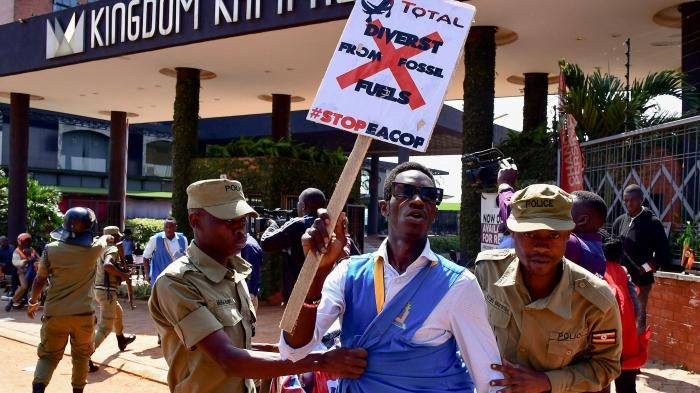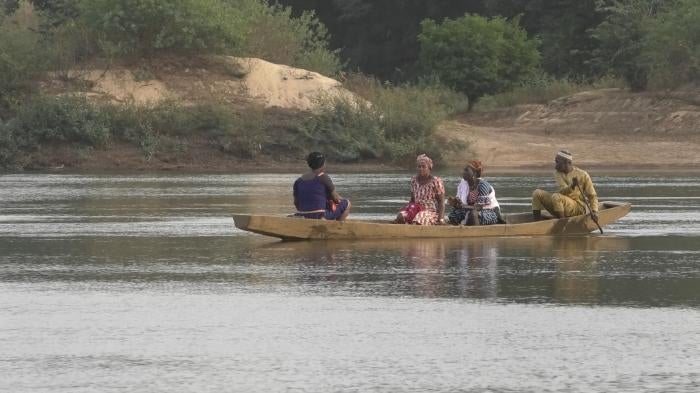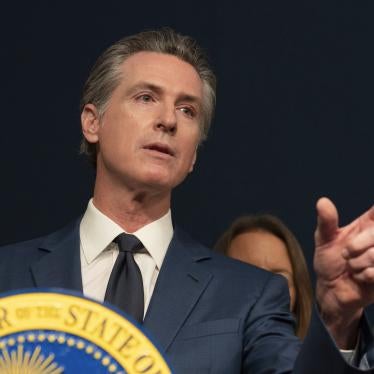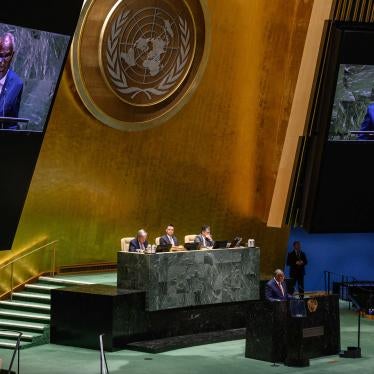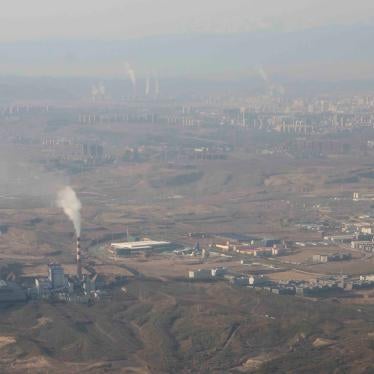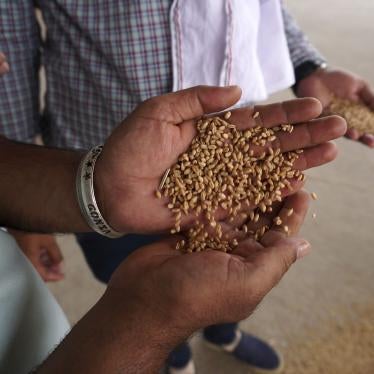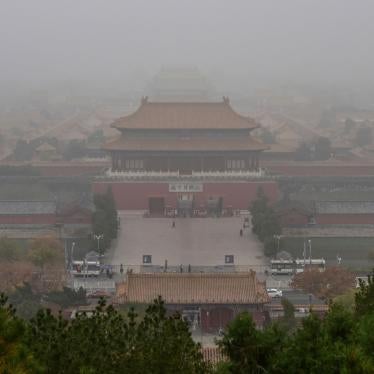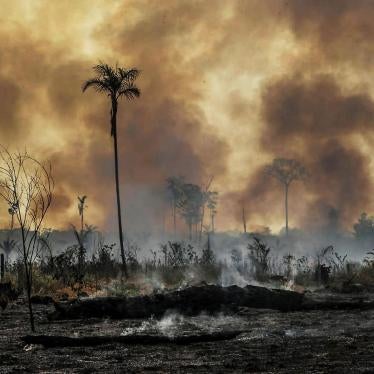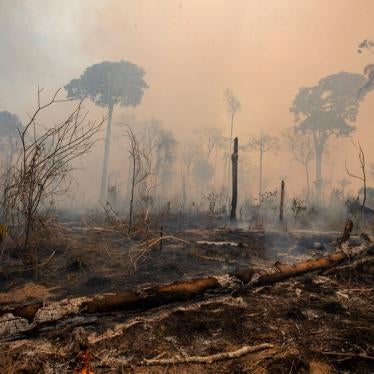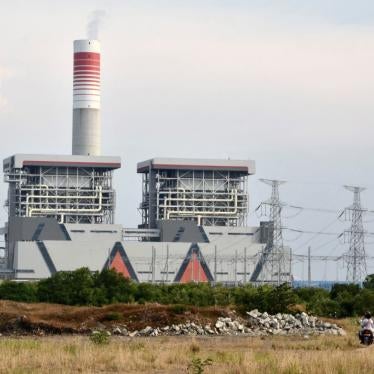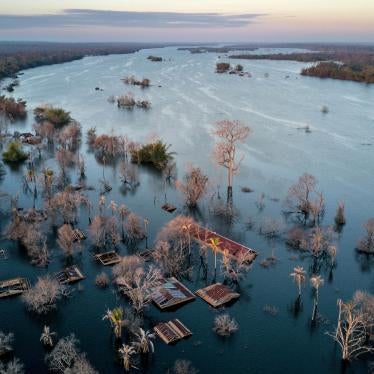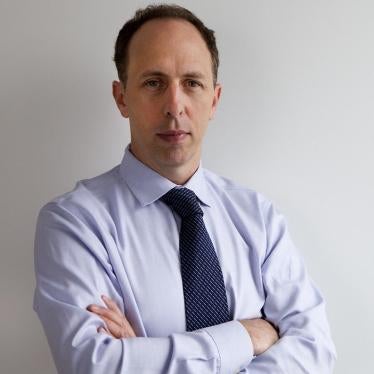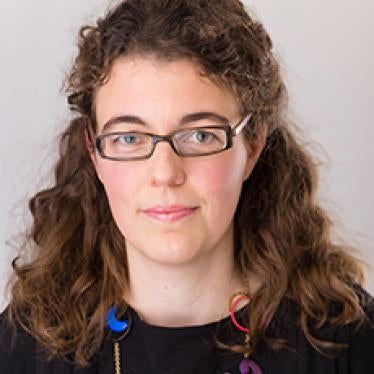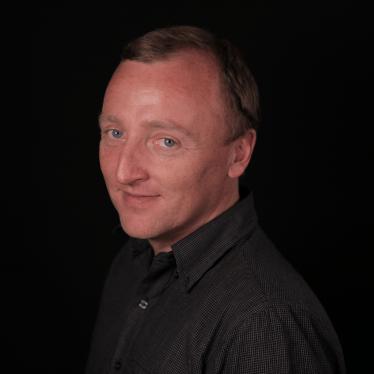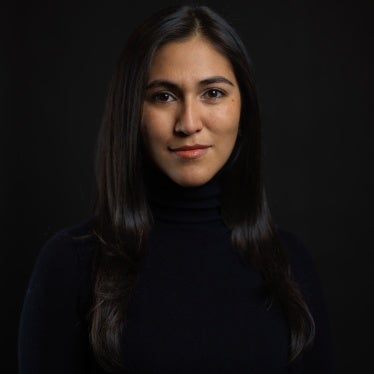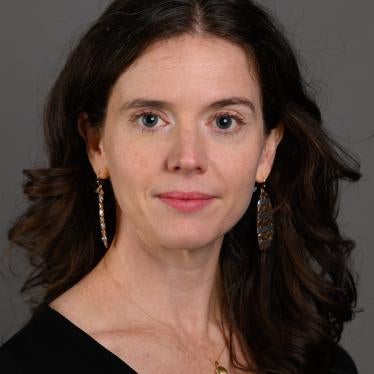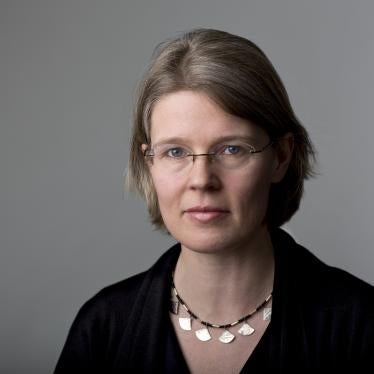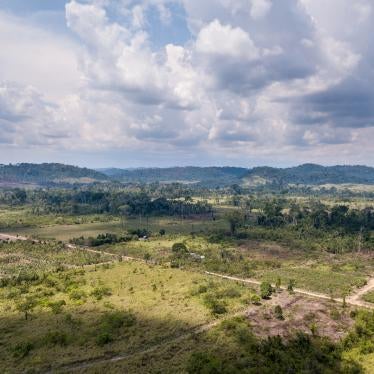
環境與人權
As the world urbanizes and industrializes, and as effects of climate change intensify, environmental crises will increasingly devastate the lives, health, and livelihoods of people around the globe. A lack of legal regulation and enforcement of industrial and artisanal mining, large-scale dams, deforestation, domestic water and sanitation systems, and heavily polluting industries can lead to host of human rights violations. Activists and ordinary citizens defending their rights to land and the environment may face intimidation, legal harassment and deadly violence. The primary victims of environmental harm are often impoverished and marginalized communities with limited opportunity to meaningfully participate in decision-making and public debate on environmental issues, and have little access to independent courts to achieve accountability and redress.
